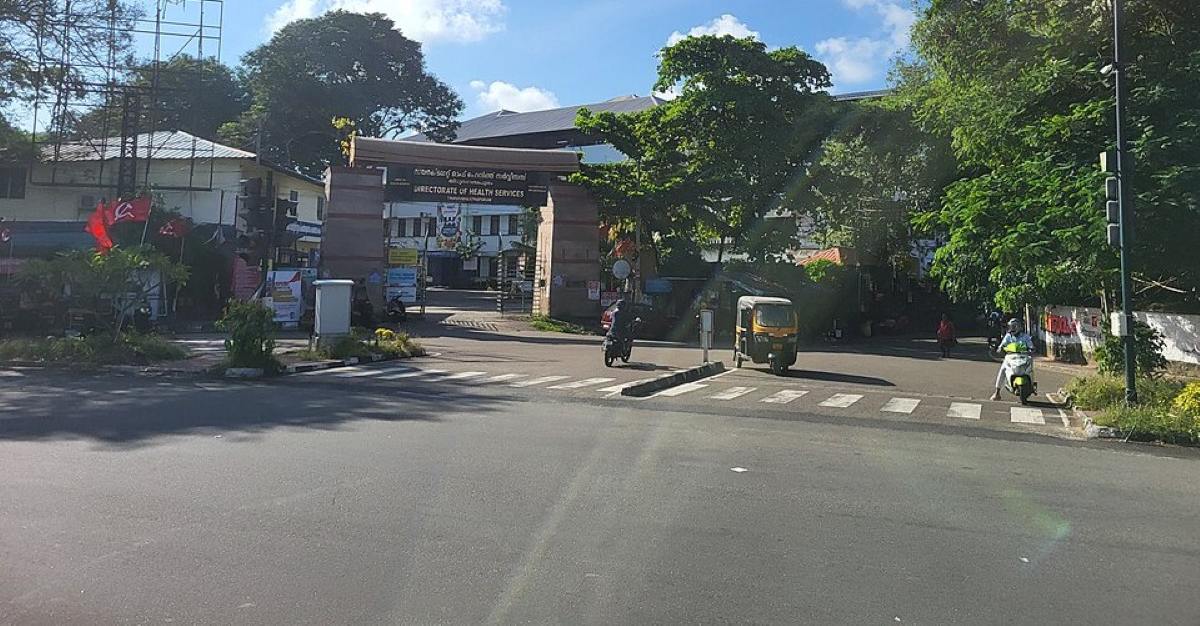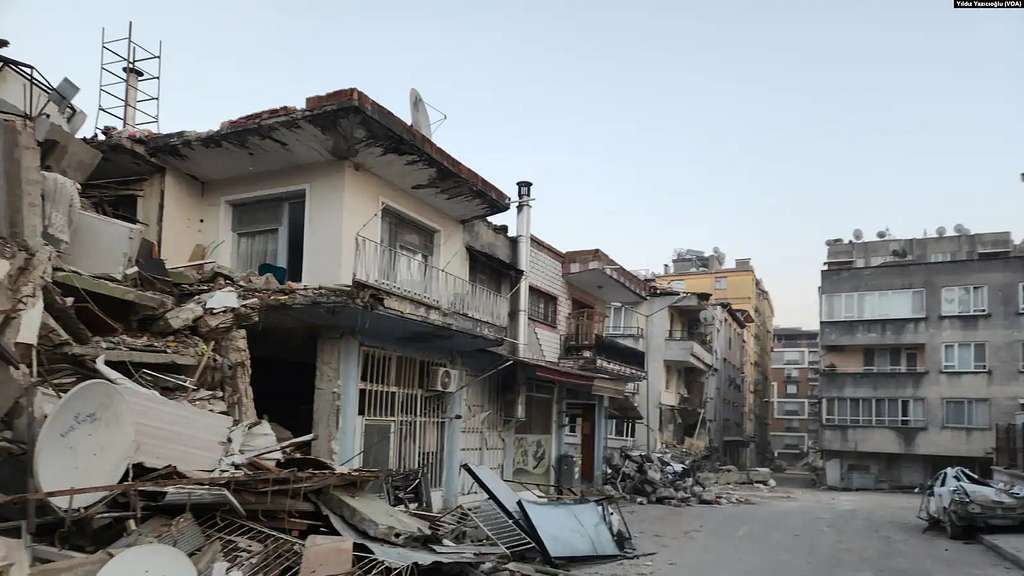The Kerala Health Department recently revised its reporting on brain infection cases. As of September 12, there were 66 confirmed cases and 17 deaths from amoebic meningoencephalitis, according to official DHS figures. This represents a significant change from earlier reporting, which showed lower confirmed numbers alongside suspected cases.
From Maybes to Definites: The Testing Story
Health officials have changed their reporting method to focus on laboratory-confirmed cases. The diagnostic process typically involves initial microscopy followed by PCR confirmation, where available, helping to identify the specific amoeba species. This diagnostic pathway explains the revised numbers.
According to media reports covering DHS updates, the health department is now focusing on providing accurate figures based on laboratory confirmation.
Earlier updates showed fluctuating numbers as more test results came in. Media reports indicate that DHS figures rose from earlier counts to the current confirmed total of 66 cases with 17 deaths by September 12.
In Your Neighborhood: Where It’s Happening
Several districts in Kerala have reported cases of this infection. Media reports indicate Thiruvananthapuram is among the affected districts with active cases. Local health authorities have noted that some patients who died had underlying health conditions.
The Akkulam Tourist Village swimming pool has been closed after a case was linked to the facility. Water samples have been collected for testing, with media reports suggesting results were expected within a day or two. Meanwhile, authorities have ordered cleaning and sanitization measures.
Among the sick: a 17-year-old in Thiruvananthapuram has Acanthamoeba and is receiving treatment with medication including miltefosine. A 10-year-old from Areekode is getting treatment at Kozhikode Medical College Hospital.
Similar Posts
The Tiny Terrors: Meet the Amoebas
These brain infections come from microscopic amoebas that live freely in water. There are two main types:
Over the past several years, Kerala has documented various cases across different districts:
- Naegleria fowleri has been detected in multiple districts, including Malappuram, Thrissur, and Alappuzha, in recent years
- In 2024, investigations identified multiple amoeba species, including Naegleria fowleri, Vermamoeba vermiformis, and Acanthamoeba across several districts
- Investigations have found amoebae in some water sources, and authorities are studying possible links to infection. ons
Doctors need to look at spinal fluid under a microscope first, then do a PCR test to be sure. This two-step process is why the numbers took time to sort out.
State Public Health Laboratory officials have noted that sample quality and transport can affect confirmation rates, as reported in local media.
Water Safety: What Works
Want to stay safe? Here’s what health officials recommend:
For pool days:
- Swim only in pools with proper chlorine levels
- Look for posted cleaning schedules
- Keep your head above water or use nose clips when diving
At home:
- For nasal rinsing, only use water that’s been boiled and cooled
- Keep wells and water tanks clean and covered
- Don’t dunk your head in untreated freshwater
If you’ve been swimming and suddenly get a terrible headache, fever, stiff neck, or feel confused – get to a doctor fast. Make sure to mention you were in water recently.
The Science Bit: PAM vs GAE
These infections come in two flavors:
PAM happens when Naegleria fowleri goes up your nose while swimming and makes its way to your brain. Symptoms show up within 1-9 days.
GAE usually involves different amoebas (Acanthamoeba or Balamuthia) and tends to affect people with weaker immune systems. It develops more slowly.
You can’t catch either one from another person (though extremely rare transmission via organ transplant has been documented).
Early detection means doctors can start treatment quickly, usually with special medications including miltefosine. The PCR test later confirms exactly which amoeba is causing trouble.
The Real Count
According to Kerala’s health authorities:
- 66 confirmed cases so far this year
- 17 people have died
- Multiple districts affected
- Multiple genera of amoebae have been detected, including Naegleria, Acanthamoeba, and Vermamoeba, with reports indicating up to five pathogenic genera in testing.
The state’s public health legal framework allows for safety measures under the Kerala Public Health Act 2023, and officials have ordered pool closures and chlorination measures.
The Kerala Directorate of Health Services posts regular updates on its website as new confirmations come in.
The numbers were revised after laboratory testing confirmed previously suspected cases.


















